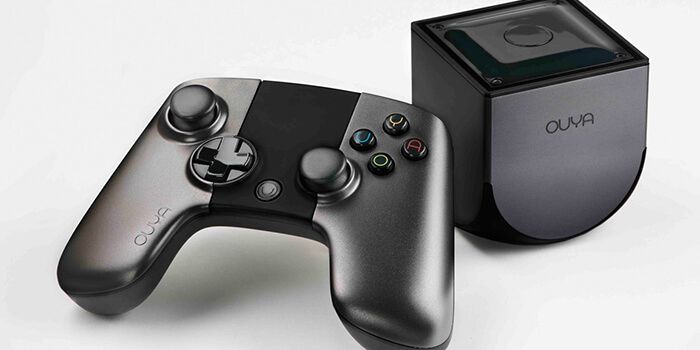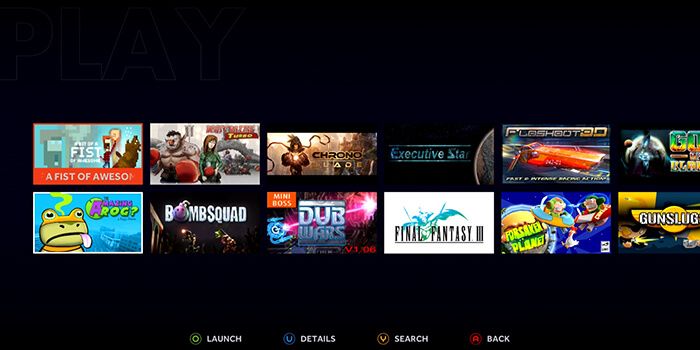It looked like the Ouya was going to change everything. Back in 2012, the promise of a cheap, Android-powered console won the hearts and minds of gamers everywhere, and over 60,000 backers flocked to Julie Uhrman and Yves Behar's Kickstarter campaign. The Ouya blew through Kickstarter records, becoming the fastest project to reach $1 million (it took a little over eight hours), and eventually netting over $8.5 million in funding.
Then the console came out. Early reviews panned the Ouya's cheap controller and lackluster game selection, which mostly recycled titles from the Android mobile marketplace. The final product was a little better, but not by much; while the hardware itself worked just fine, a console lives and dies based on its game library. Ultimately, Ouya didn't really have one. Despite Ouya's claim that the console had over 16,000 registered developers, a killer app never materialized, and publishers ultimately lost interest
That's left the Ouya in a strange place, market-wise and the company seems to be floundering. About a year ago, Uhrman announced the "Ouya Everywhere" initiative, which focused on the Ouya operating system instead of the hardware. More recently, rumors started that Ouya executives were raising the white flag and hoping for a complete buy-out.
That's where Alibaba comes in. Alibaba, a Chinese-based e-commerce company, recently started making in-roads in the American software industry, buying significant portions of Tango, a mobile-messaging app, and Kabam, a mobile game publisher. Add Ouya to that list. Alibaba recently invested $10 million in the console-producer, with the goal of using Ouya's software library to make a play in the Chinese gaming market.
Game consoles were illegal in China for fourteen years; the ban was lifted only recently, in January 2014. Since then, companies have flocked to the country, which is quickly emerging as one of the world's biggest gaming markets. Alibaba hopes to capitalize on this trend. While Alibaba makes its own set-top boxes (including the recently released Tmall Box 2), its gaming selection is limited. Alibaba executives are hoping that, by using Ouya's games, they can make the set-top boxes more appealing to Chinese consumers, driving sales of both the devices and other digital media like movies and television shows.
Yes, it's ironic that the Ouya's game library, which doomed the console in the west, might ultimately be the company's savior, and yes, it's a shame that Ouya's promise of a budget-priced indie-focused console never fully materialized. Ultimately, however, Ouya now has the unique opportunity to convert millions of potential customers into dedicated, passionate gamers. Expanding the audience? That's good for everyone.
-
Source: The Wall Street Journal


